Corruption, irregularities handicap BSMMU unit
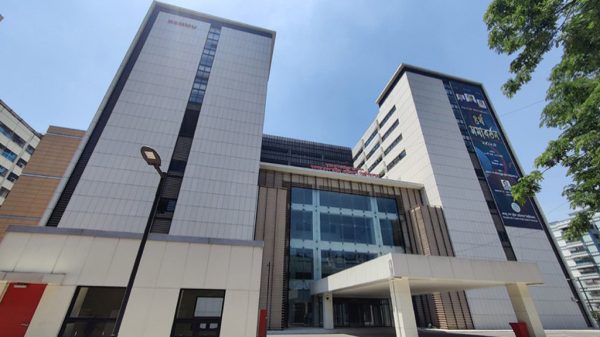
Shawdesh Desk:
The Super Specialised Hospital of Bangabandhu Sheikh Mujib Medical University could not become fully operational two years after its inauguration due to the absence of the required manpower and logistics.
The new administration of the hospital said that they had found corruption and irregularities at all stages, including in the recruitment of manpower, in the purchasing of equipment and renting of spaces to facilitate services at the specialised hospital.
On September 14, 2022, prime minister Sheikh Hasina inaugurated the 750-bed specialised hospital, which promised to offer medical services that remained unavailable in most other hospitals in Bangladesh.
Following the opening, the hospital’s administration began offering some outdoor services, primarily doctor consultations, because other resources, such as diagnostic tests, were not available.
Most allegations of corruption and irregularities were directed at BSMMU’s immediate past vice chancellor, Md Sharfuddin Ahmed, during whose tenure the hospital was constructed.
Sharfuddin denied the allegations and shifted the blame on the present administration for slowing down the process of making the hospital fully operational.
He claimed that all purchases and appointments were approved by a university syndicate committee.
‘I did nothing on my own. If there were any irregularities, committee members should be held accountable,’ he said.
BSMMU registrar Professor ABM Abdul Hannan said that the new administration that took charge of the medical university two months ago was trying to make the hospital functional soon.
He also said that a seven-member probe committee headed by Pro vice-chancellor Moniruzzaman Khan was formed to probe into the allegations of corruption and irregularities. The committee was asked to submit a report immediately.
For the hospital, 157 employees, including 52 doctors, 29 officers, 53 nurses, and 23 technicians, received training in South Korea for two to four months. But only six doctors, five officers, 50 nurses, and 11 technicians joined the hospital. The remaining 85 doctors and professionals did not report back to the hospital authorities.
Hospital documents showed that trainee doctors received a daily allowance of $75 and others $60 with transportation costs on the condition that they would join the hospital for its operation and train other staff.
The project funds covered the entire cost of their training. However, the hospital authorities did not take any action against the errant employee who did not return to work.
Officials said that the past administration selected the people of their choice for training through a corrupt process.
They said that a number of high-value machines, air conditioners, lifts, and other medical equipment became dysfunctional soon after their installation due to their low quality. Many other pieces of equipment remained unboxed due to mismanagement.
The organogram stated that the hospital required 1,763 employees, but it started operations after 376 employees were recruited. They included 84 recruited on an ad hoc basis and 135 others already employed by BSMMU.
It was alleged that a syndicate backed by then vice-chancellor Sharfuddin leaked the question paper to appoint people of their choice in exchange for bribes ranging between Tk 10-20 lakh.
The present administration was forced to suspend further recruitment pending the ongoing investigation into past irregularities, which impeded the operation of the hospital.
Traders complained that the BSMMU authorities leased out its space for a medical shop to a business that could not fulfil the tender requirement.
Navira Limited, a recruiting agency, was awarded the pharmacy inside the hospital, violating tender rules.
The official document showed that despite not being the lowest bidder and having no experience operating drugstores, the company was given the charge to operate a drugstore that was supposed to be world-class.
The managing director of Navira Ltd Sheikh Mohammad Shahidur Rahman, however, claimed that he had participated in the tender by fulfilling all eight conditions.
‘If there was any fraud or disqualification, the tender committee would have addressed it,’ he said.
The authority leased out a 310-square-foot area on the 1st floor of the hospital for three years to operate the pharmacy in July 2023.
Anowar Hossain Mridha, managing director of Tamanna Pharmacy, which also participated in the bidding, said that they were informed that the highest bidder offered Tk 520 per square foot as rent.
But suddenly they came to know that a business house was awarded the tender despite offering only Tk 100 for each square foot as rent.
Similar allegations came about renting space for the cafeteria and dining hall inside the hospital.
The 13-storey hospital on 3.4 acres of land close to BSMMU and opposite the Hotel Intercontinental was constructed at a total cost of Tk 1,561 crore, supported by the South Korean government’s Economic Development Cooperation Fund, the Bangladesh government, and BSMMU.
The 750-bed hospital, which runs under the guidelines of BSMMU, is supposed to have 14 ultra-modern operation theatres, a 100-bed intensive care unit, a 100-bed emergency unit, some 44 cabins, and 540 general beds.
The specialised services include bone marrow transplants, gene therapy, robotic surgery, and nanotechnology-based medical services, among others.
Visiting the hospital earlier this month, only six patients were found to be admitted to its 750 beds.
During his tenure, Sharfuddin started some services, including kidney transplantation.
Thirty people have taken the service thus far, and since May 2, there have been no kidney transplants at the hospital.
The first kidney transplant that took place at the hospital in July last year sparked a big controversy.
It was allegedly done through falsifying relationships between the donor and recipient, as organ donations to people other than family members are strictly prohibited by the law of the country.
Patients said that many doctors do not visit them on time as they are busy elsewhere.
‘How could it be a world-class healthcare centre? I would never refer any of my relatives to this hospital, as I found it full of mismanagement,’ said Md Arifur Rahman, from Mymensingh.
Hospital officials, however, claimed that on average, 200 patients take outdoor service each day.
The main target of the hospital was to provide world-class, advanced-level healthcare to patients who needed to go abroad, which would save foreign currency as well.
Service seekers said it was unlikely to fulfil the target due to mismanagement and alleged corruption.
Every year, approximately 8,00,000 people travel abroad for treatment, primarily to India and other countries such as Thailand, Singapore, Malaysia, the United States, the United Kingdom, and Dubai, spending millions of dollars in foreign currency.
According to data released by India’s tourism ministry, a huge majority of medical tourists (54.3 per cent) who visited the country in 2020 were from Bangladesh.



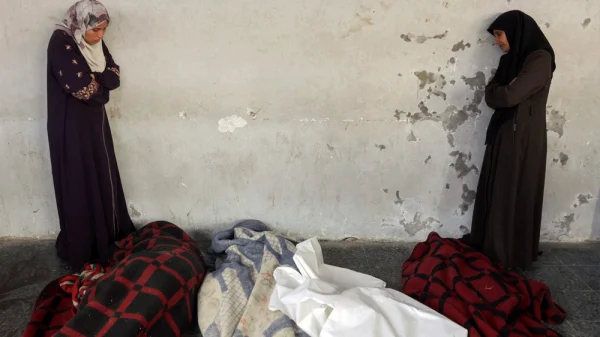

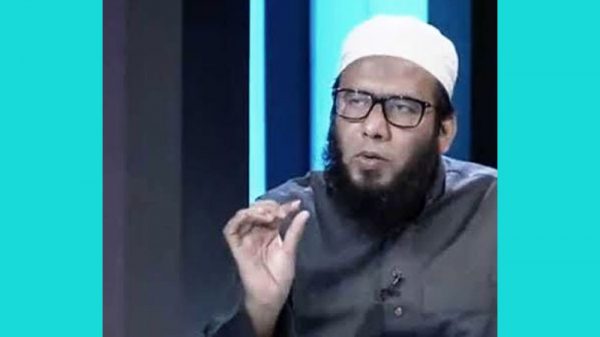
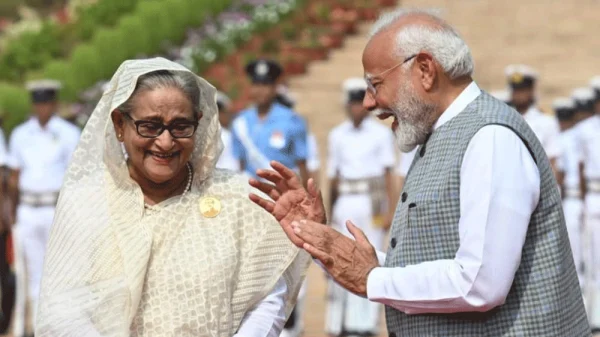


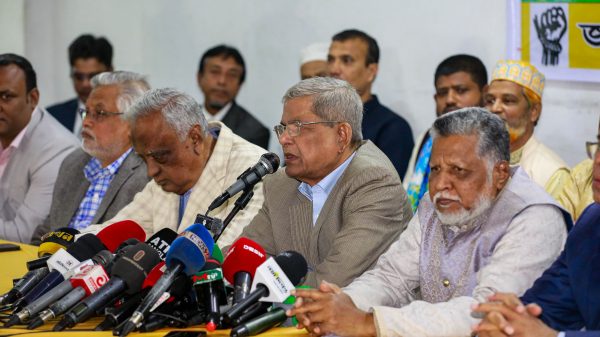
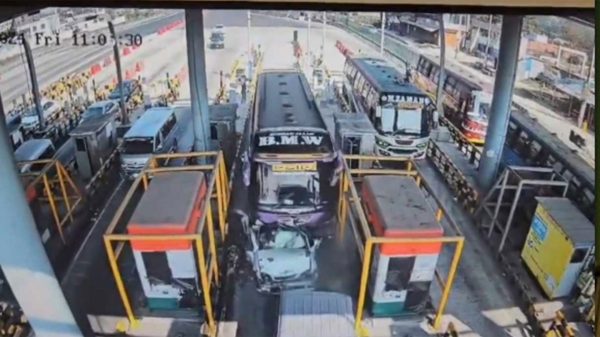
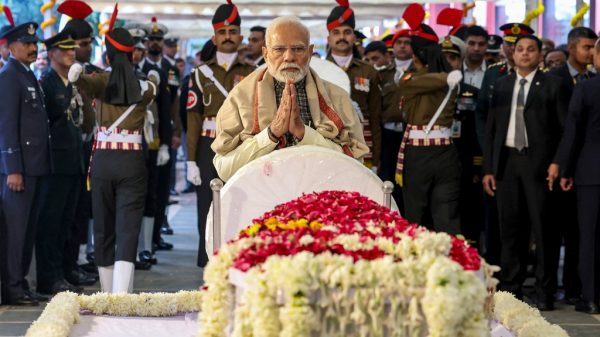











Leave a Reply